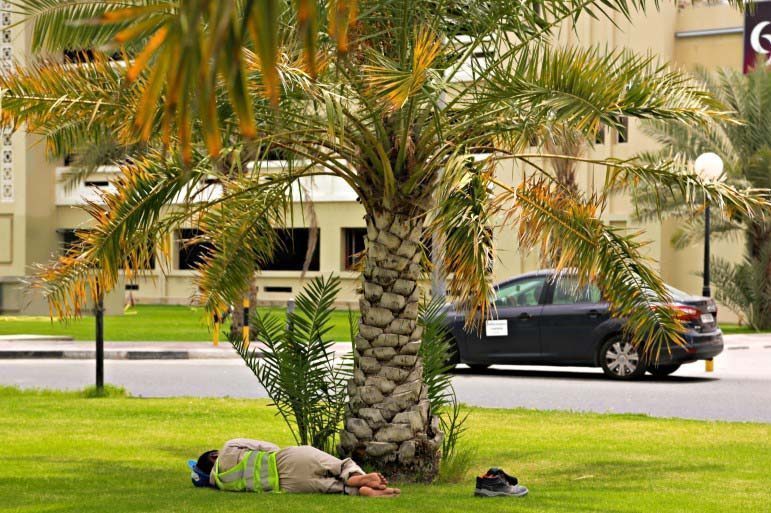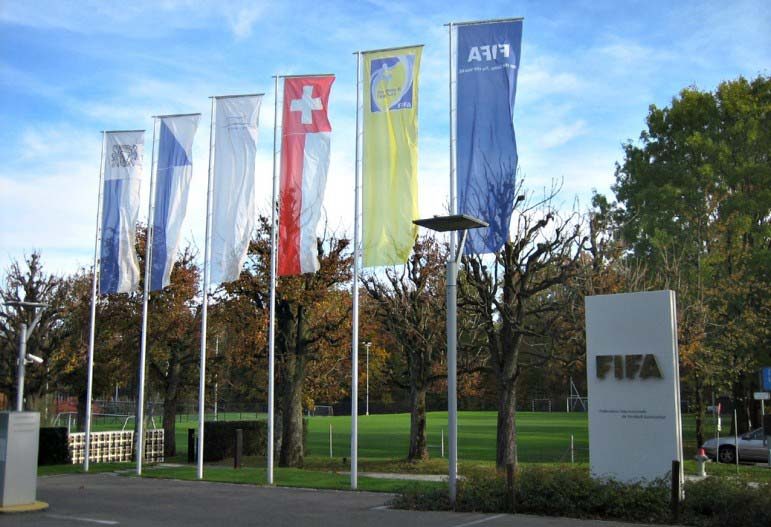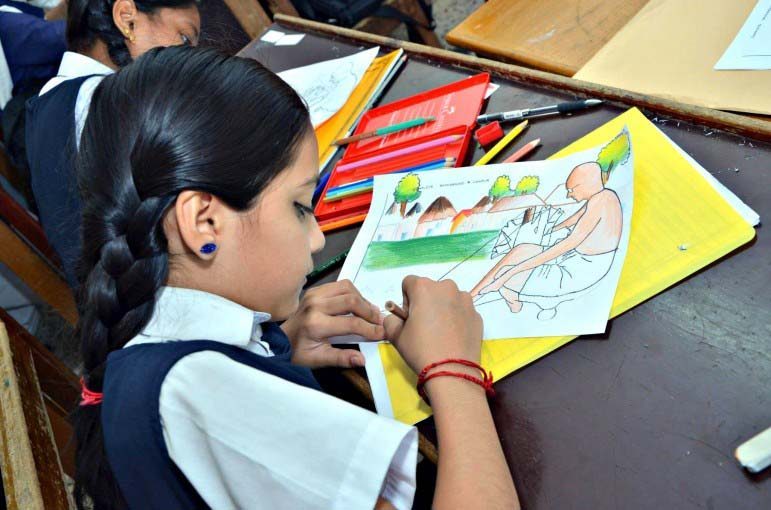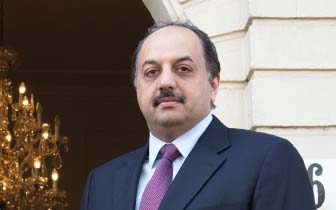
Careerealism.com
Photo for illustrative purposes only.
Unresponsive recruiters and CVs that “disappear into a black hole” are among the main challenges female job seekers say they face when attempting to enter Qatar’s workforce.
Venting their frustrations during a How Women Find Work conference today, many women said they are uncertain about how to proceed when potential employers do not respond to their inquiries.

photologue_np/Flickr
According to recruiters who attended the conference, landing a job in Qatar is often about who you know, not how many CVs you send out.
They shared several tips for female job seekers here, whose numbers have been increasing despite Qatar’s skewed male to female ratio.
According to figures from the Ministry of Development, Urban Planning and Statistics’ latest Labor Force Survey, nearly 54 percent of women over the age of 15 in Qatar are employed and nearly 60 percent of non-Qatari women here work.
That’s up from the 56 percent of expat women who worked during the second quarter of 2013.
However, the percentage of Qatari women “economically active” is somewhat lower, with 33 percent of all Qatari women over 15 in employment, the survey said.
Job hunters
Qatar’s labor force has been expanding rapidly to meet the needs of its many infrastructure projects.
Oftentimes, many women move to Qatar after their husbands find work here. But when they themselves begin looking for a job, they come up against several challenges.

Lesley Walker
Sheni Ogun
Sheni Ogun, for example, is a lawyer who has been looking for full-time legal work in Qatar for several months, without success.
She told Doha News that she feels let down by recruitment agencies who ask her to submit online applications, but have not given her any meaningful feedback on her queries.
“I am finding the work search has been slow. The agents all ask you to send your CV online, but you never hear anything back from them – it just gets sent into a black hole.
“Some agencies give you a ranking – I heard yesterday i am ranked 90 out of 494 for one job, but I have no idea what that means,” she added.
Another delegate, Amyrose Morris Barretto, is trying to break back into the workplace after taking eight years off to look after her home.
Formerly a customer services executive with Jet Airways, she is trying to change career directions by looking for a job in admin. She said:
“There are so many people applying for jobs now, I haven’t had any responses to my applications, and I have had no response at all from the recruitment companies. It has been frustrating.”
Qatar market

How Women Work
Carolin Zeitler
According to Carolin Zeitler, founder of How Women Work, the above experiences are very common, and are one of the reasons she established a conference series for women.
“I would go to networking events and there were lots of job seekers there, but many of them had been looking for work for more than six months without success,” she said.
“They had been applying for jobs, sending off their CVs, but rarely received any replies or been asked for interview. It is depressing for them and it affects their self confidence.”
In comparison, Zeitler observed that some women, especially those who have lived in Qatar for a number of years and had a wider network of people, would get two or three interviews a week.
Their key to success was that they would actively pursue their applications, phoning to check on its status, and going in person to speak to recruiters or organizations to get themselves known.
“You might get told to apply online, but if you leave it at that, with a lot of companies here, you will not have much chance of success,” Zeitler said.
Tips
Speaking to Doha News, Zeitler gave her top tips for successful job hunting in Qatar, which include:
- Be active in your job search. Follow up applications on the phone or in person.
- Know that face-to-face contact is essential in Qatar and much more effective than online or email contact. It wouldn’t be done in Europe, but in many companies here, it’s fine to just go in to the organization and try to talk to the recruiter.
- Make sure all the relevant information on your CV is on the first page, and is really easy to see. Don’t hide it on page 5 or 6. Not many people will have the patience to read that far. The person reading it needs to find everything they are looking for within the first 30 seconds to two minutes.
- Give a little of your personality in your CV. Include a short profile of who you are at the top of the CV. Don’t rely on the cover letter for this, as they often get lost in the system.
- Send in as many accompanying documents as you can – including references and qualifications. Again, you might not do this back in your home country, but many recruiters here like to have lots of official paperwork.
Also during the conference, Melissa Mitchell, founder and CEO of International Business Enterprises, which specializes in human resources and global mobility, stressed the importance of networking.
Mitchell, who has lived in Qatar for 14 years, said:
“View every event as a potential networking event – school fairs, dinner with your husband’s colleagues. It’s all about getting yourself out there and people knowing how you are. Almost everyone applying for jobs here is well qualified. It can be difficult to stand out in this region just in paper. People need to know who you are.”
Finally, Zeitler emphasized that being a woman is not a disadvantage when it comes to looking for jobs in the Gulf. She said:
“There is an attitude among some women that they won’t have as good a chance as a man in getting a job, but this is not true.
“I have never, in seven years here, felt it was a disadvantage to be a women in Qatar. Often here people will be more willing to talk to a woman than a man, and as long as you dress professionally and are culturally sensitive, you will be fine.”
Thoughts?
(The post Women share tips on successful job hunting in Qatar is from Doha News.)


























 Renderings posted on the websites of engineering firm
Renderings posted on the websites of engineering firm 










































